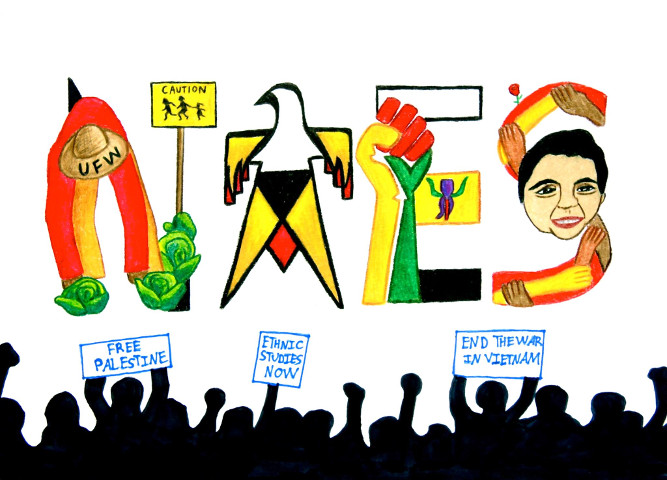Explorations in Ethnic Studies

Orginal Publication Date
1981
Journal Title
Explorations in Ethnic Studies
Volume
4
Issue
ees/vol4/iss1
First Page
62
Last Page
74
Abstract
Night records Elie Wiesel’s internment at Auschwitz, and it raises questions about God’s and humanity’s respective roles in the death camps. Today’s literary critics and theologians, however, highlight Wiesel's gift for story-telling of his theology and miss the quality of the writer’s individual works. Tending to group all of the author's Holocaust stories to illuminate a particular theme, they have failed to recognize that Wiesel’s theology in Night is manifest only when they perceive "that there is meaning in [it, which] comes only when the elements that go up to make that thing" appear in their relatedness. They do not see that Wiesel's text is a memoir rather than a short story or autobiography, and that the meaning of Night is that God makes the conscious choice of turning away from the world when humanity assumes God's role in it. This essay will prove that the book is a memoir rather than an autobiography and, through textual analysis, that Wiesel believes God was inoperative at Auschwitz.
Rights
Copyright, ©EES, The National Association for Ethnic Studies, 1981


